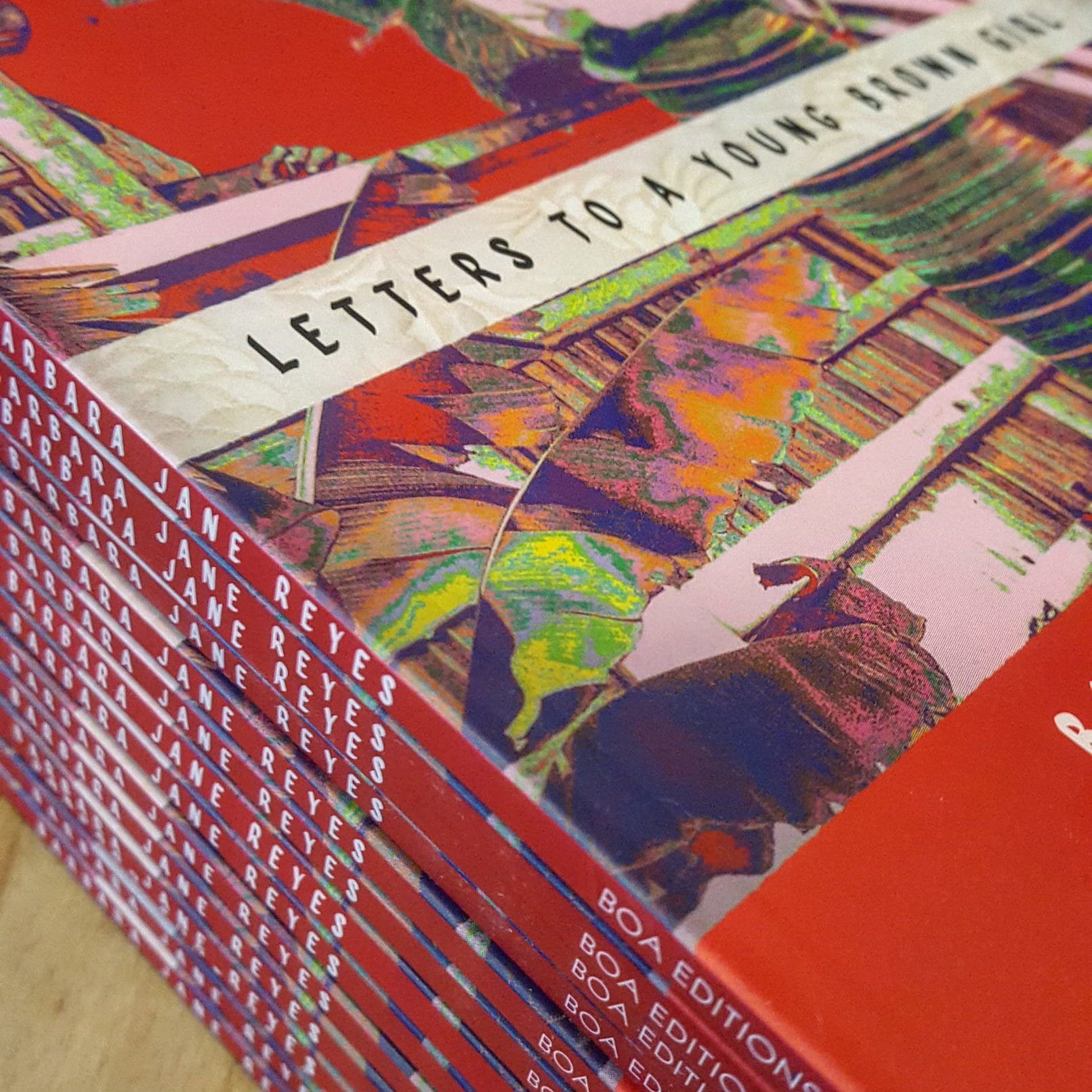This is an ongoing outline/list of ideas, reading materials, et al, as I am thinking about my next next book project.
On social media, I noted: in so many of the Filipino American community events I participate in as a poet, the same question in different iterations always arises:
“Why poetry?”
“Why do you write poetry?”
“How did you come to write poetry?”
Community members and leaders have been asking me and other poets this at events for a long time. I don’t know why I am only now noticing it. I have this feeling that community leaders ask, surely for themselves, but more so for their constituents who may be thinking the same thing, “why poetry?” Especially when some of the most frequent feedback I hear is:
“I don’t get poetry.”
And then the question from would-be or aspiring poets, when they have written/composed something:
“Is this a poem?”
“Is this poetry?”
As an educator, I have to then wonder, are these questions that are really trying to ask:
“What is poetry?”
“What is a poem?”
“What makes a poem a poem?”
All this said, I’m interested in answering all of these questions, centering and foregrounding diasporic Filipina American Pinay WOC perspectives and subjectivities. I am interested in multiple considerations:
Spoken Word. Oral Traditions. Verse Traditions. Spiritual and Secular Verse Traditions. “High” and “Low” Verse Traditions. Contemporary Poetics. “Experimental” and “Avant Garde” Poetry and Poetics. Translation. Multilingualism.
What is spoken, what is sung, what is chanted, what is placed on the page, how it is placed on the page.
Some texts and authors I am and will be returning to:
- Carlos Bulosan, On Becoming Filipino, especially “The Writer as Worker,” “How My Stories Were Written,” “I Am Not A Laughing Man.”
- Audre Lorde, Sister, Outsider.
- Linda Hogan, Dwellings.
- Gloria Anzaldúa, Borderlands/La Frontera.
- Marjorie Evasco, “The Writer and Her Roots.”
- Juan Felipe Herrera, “A Natural History of Chicano Literature.”
- Eduardo Galeano.
I am interested in the ars poetica and the manifesto, in epistolary, in poetic memoir, in meditations on craft.
One of the end pieces to my forthcoming book, Wanna Peek Into My Notebook?: Notes on Pinay Liminality, is a list of questions while reading Filipina authored literature, and another list of questions for Filipina writers writing. And maybe it’s time I get to answering those questions myself, directly, explicitly.
I am interested in how my colleagues, fellow Filipina/o/x American poets begin answering the “Why Poetry?” question by saying, “I failed at…” and then fill in the blank here, with some kind of degree program that we were told by our hustling, immigrant parents, would grant us prestige and lucrative careers. I want to think more about this “failure,” as us failing in capitalism, as us finding alternative ways of defining worth and value.
One last thing for now, is being conscious and critical of “canon making.” I say above, “centering and foregrounding” particular perspectives and subjectivities. How to write these things in a way that maintains openness to other non-dominant perspectives and subjectivities.
